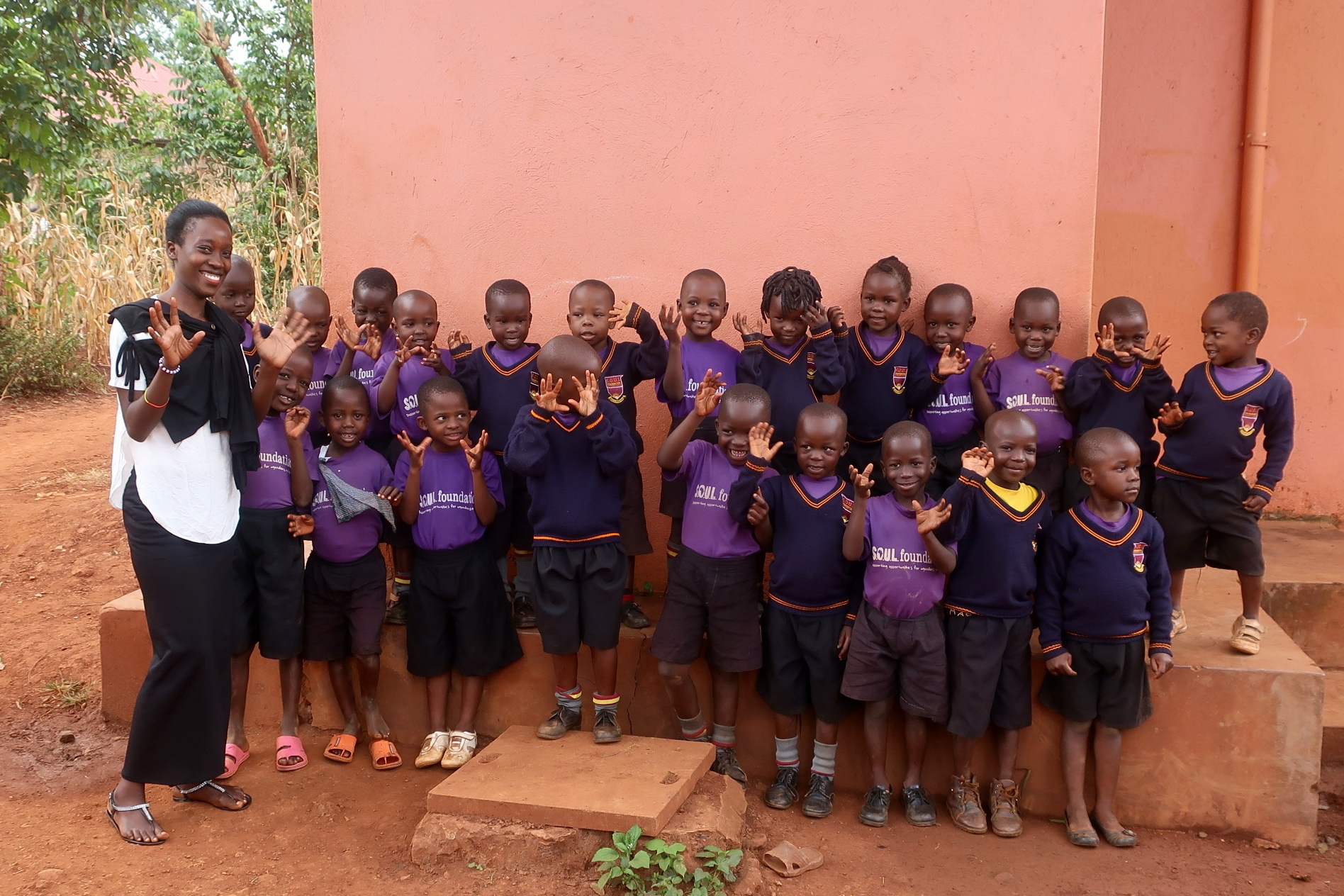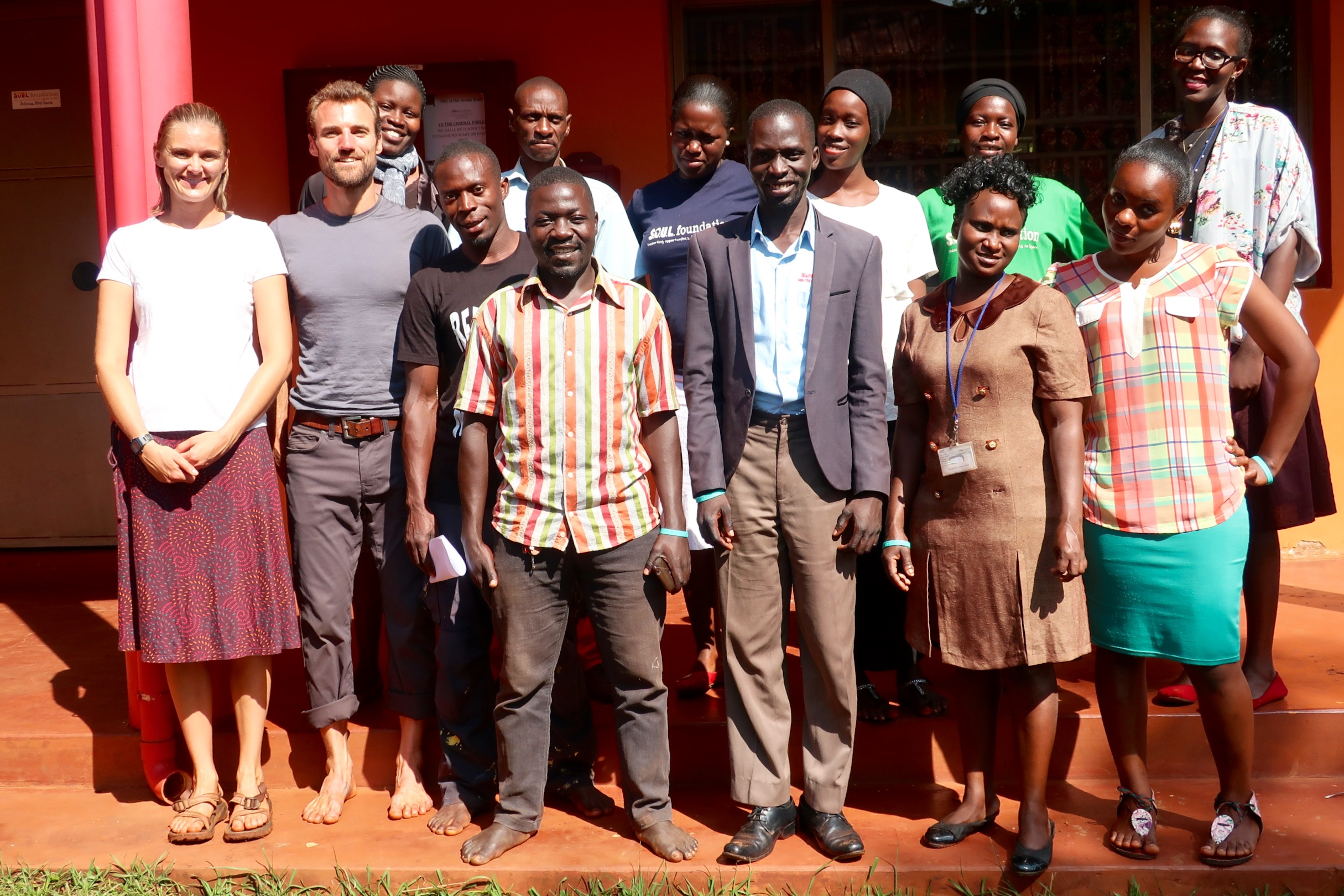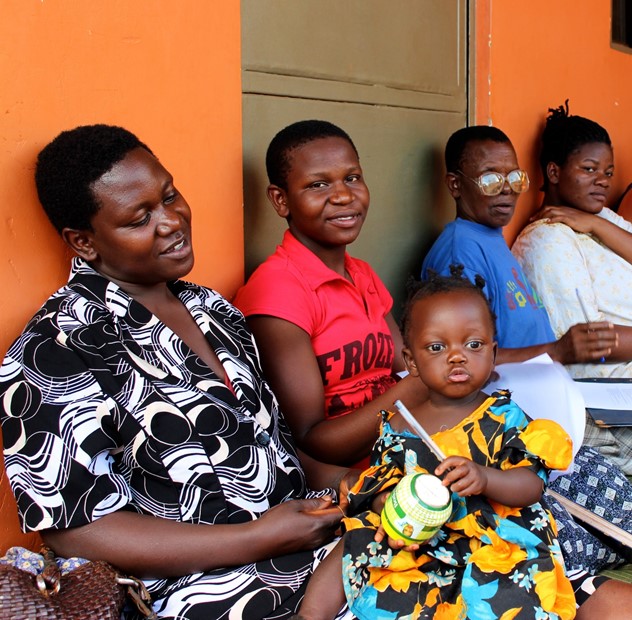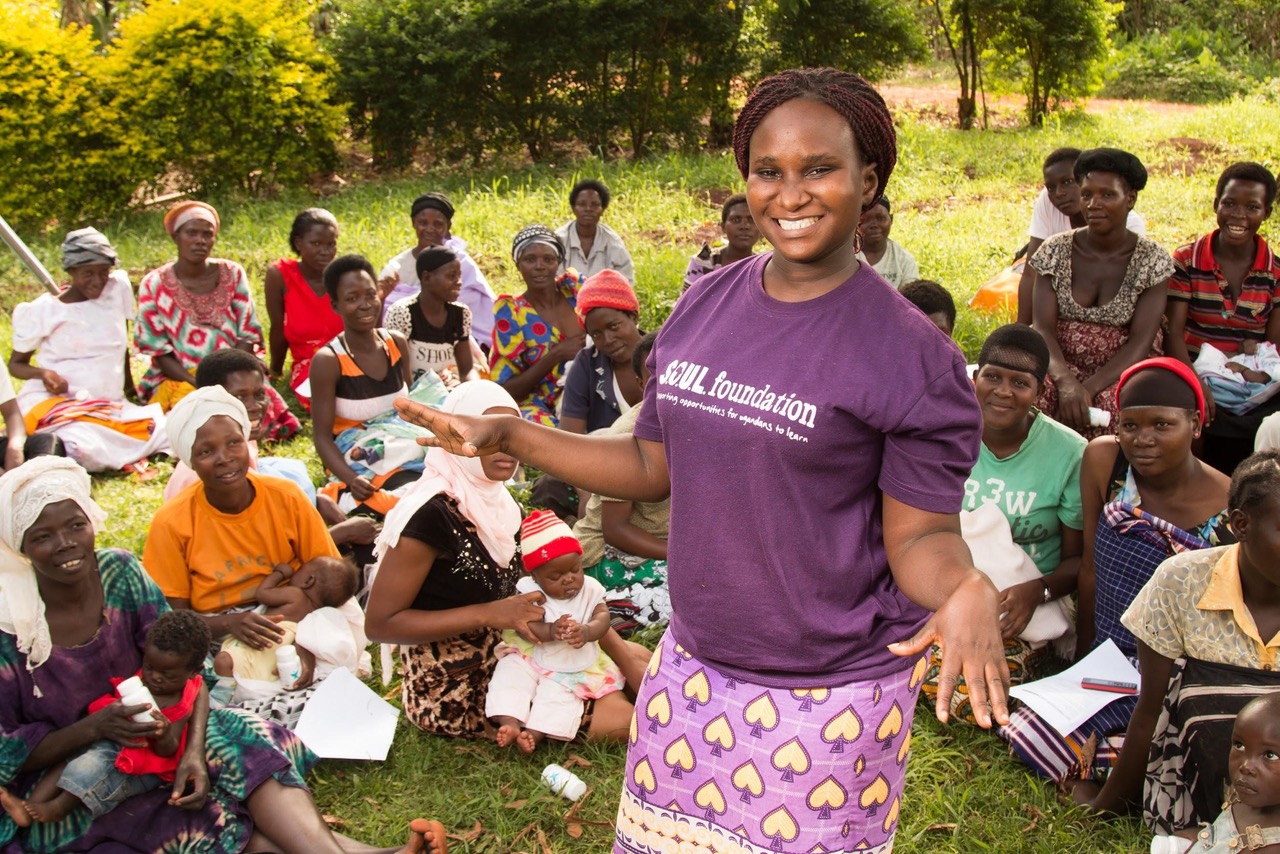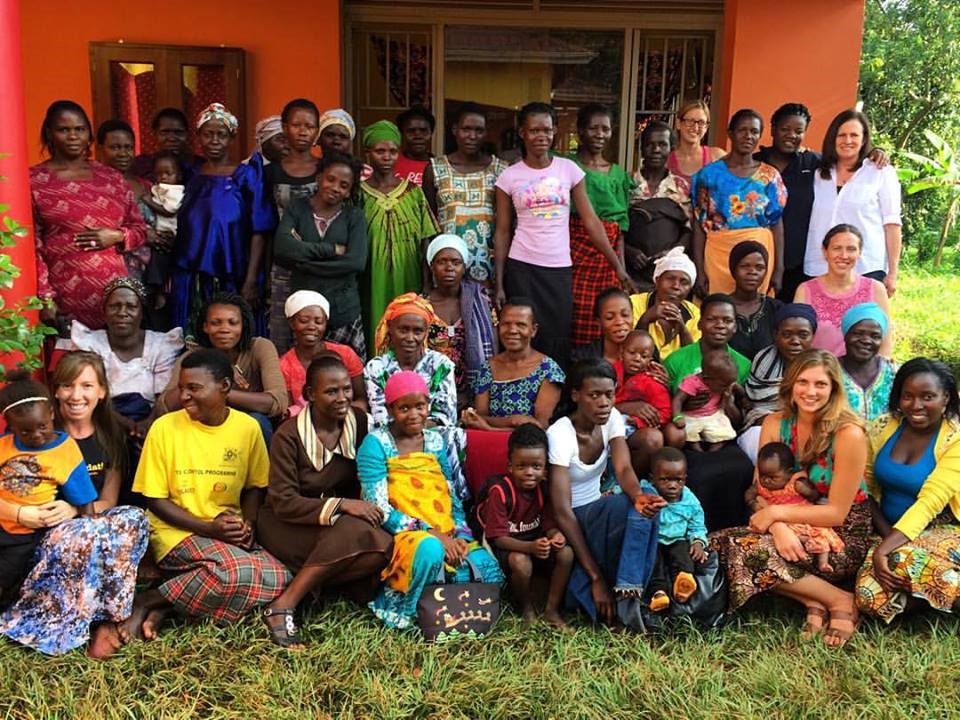S.O.U.L. Foundation Project
Location: Jinja District, Uganda
Background
Every day in Uganda, 16 women die in childbirth. With one of the highest maternal mortality rates in the world, countless women in rural areas continue to deliver their babies in unsanitary and dangerous environments, with less than half (48%) delivering with a skilled birthing attendant. Without the proper education and critical maternal health services, mothers in Uganda continue to die as less than one third seek adequate antenatal care (ANC), and with so many delivering outside of a health center, few receive necessary and timely emergency care when facing obstetric complications. This project will directly serve females of childbearing age living in rural communities in Bujagali Falls, the capital of Jinja District. Rural Ugandan women have a fertility rate of almost seven children, with many living under the poverty line and a life expectancy of only 59 years of age.
In 2015, S.O.U.L. began the Maternal Health Network (MHN), a program aimed at reducing maternal and infant mortality by addressing the three delays affecting women they work with in their communities: the delay to seek care, the delay to reach proper medical services, and the delay to access quality care. These delays were identified in a community research project in partnership with Global Health Corp fellows. A plan of three phases was put in place to interrupt each of the three delays.
The first phase focuses on educating women so that they can have the necessary information to seek care at the correct time(s). In this first phase, S.O.U.L. launched the Antenatal Education Center (AEC), which provides classes to community members on critical maternal and child health (MCH) education using innovative, context-specific curriculum grounded in the maternal health needs of the rural villages it works in. S.O.U.L.’s curriculum was designed in collaboration with a Ugandan obstetrician, S.O.U.L. MHN staff, and a Health Educator/Midwife as a to be a flexible learning tool grounded in the key findings of its community research project. Curriculum topics include:
Normal Pregnancy, Childbirth, and Maternal Nutrition
Preparation for Pregnancy, Signs of Pregnancy, and Having a Healthy Pregnancy
Signs and Stages of Labor
Antenatal Care and Financial Planning
Elimination of Mother-to-Child Transmission of HIV
Danger Signs in Pregnancy, Labor, and Postpartum
Birth Preparedness
Newborn and Sick Baby Care
Family Planning, Cervical Cancer, and TB
Project Specifics
Objectives and Activities
The overall goal of this project is to save the lives of thousands of rural women in Eastern Uganda. This will be done through maternal health outreach by empowering and educating community members on the importance of ANC and key preventable obstetric complications that proper care can help them avoid. Through this project, S.O.U.L. will continue to train, empower, and educate mothers and community partners through AEC, and provide life-saving maternal health services. Specifically, this project will accomplish the following:
Educate and empower an additional 1,000 women and men on vital MCH issues, including the importance of ANC visits, family planning, immunizations, HIV testing and prevention of mother-to-child transmission (PMTCT), postnatal care, developing birth plans, utilizing clean birthing kits, identifying genetic diseases, and avoiding obstetric complications (including fistula).
Provide 200 screenings with S.O.U.L.’s solar powered mobile ultrasound machine, distribute 200 birthing kits to pregnant women who have graduated from AEC, and administer 10,000 doses of prenatal vitamins.
Engage, train, and educate a 50-member volunteer first responder team to provide care in obstetrical emergencies.
Impact
This project is both designed and led by Ugandan women, responding directly to the communities’ needs to empower their women and mothers to give birth with dignity. With the support of Rockflower Fund, an additional 1,000 women will be directly reached through this project. Furthermore, as champions of informed maternal health decisions, these 1,000 women will yield an indirect impact on countless others for other members of their community. And thus, these women will break the vicious cycle of preventable deaths for pregnant women in Uganda.

